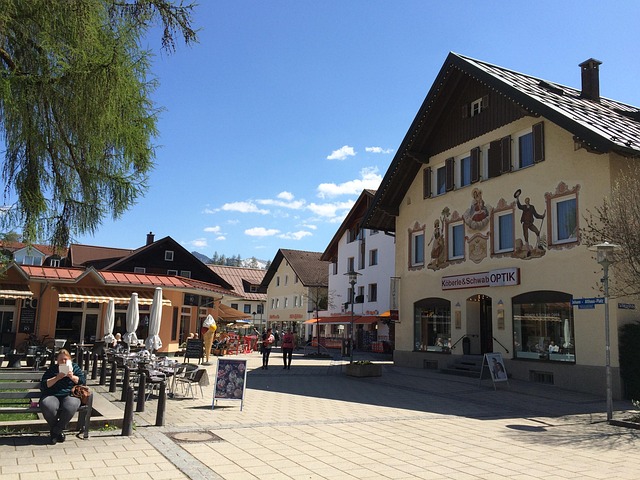Geographical features like oceans, mountains, climate, terrain, and natural resources profoundly impact real estate markets, influencing property values and housing preferences. Urban centers like New York and San Francisco experience high-value, dense development due to strong local economies, while rural areas such as Texas and Wisconsin have more stable but slower-growing markets influenced by agriculture and manufacturing. Adaptability is crucial for real estate investors; thorough market research helps understand demographic trends, economic health, and community characteristics to make informed decisions about property acquisition and development, aligning with specific location needs. By recognizing these nuances, investors can tailor strategies for long-term success in a dynamic market.
“Explore the vast landscape of real estate markets, where variations across cities and counties present unique opportunities and challenges. This article delves into the intricate interplay between geographical factors and their profound impact on property values and trends. Through case studies, we compare urban and rural areas, shedding light on diverse market behaviors. Furthermore, investors will benefit from strategies tailored to local dynamics, enabling them to navigate and capitalize on the ever-changing real estate arena effectively.”
How Geographical Factors Influence Real Estate Markets Across Cities and Counties

Geographical factors play a pivotal role in shaping real estate markets across cities and counties. Proximity to natural resources, such as oceans, mountains, or forests, can significantly impact property values. Coastal areas, for instance, often attract higher demand due to their scenic beauty and recreational opportunities, leading to premium pricing. Conversely, regions with abundant freshwater sources may have lower costs but different market dynamics, influenced by nearby urban centers or tourist hotspots.
The terrain and climate also contribute to real estate trends. Cities situated on flat plains might experience less variation in property prices compared to those with hilly or mountainous landscapes. Similarly, climates affect building materials, energy demands, and lifestyle choices, influencing housing preferences. For example, snowy regions may favor homes with adequate heating systems and garaging, while sunnier areas could promote demand for energy-efficient, open-plan designs. These factors combine to create diverse real estate markets, where even neighboring cities or counties can exhibit stark price differences due to their unique geographical attributes.
Case Studies: Comparing Real Estate Trends in Diverse Urban and Rural Areas

In exploring real estate trends across diverse urban and rural areas, case studies offer a compelling lens to understand significant variations. Cities like New York and San Francisco have seen soaring property values and dense development, driven by strong economies and high demand for housing. Conversely, rural communities in Texas or Wisconsin exhibit more stable but slower-growing markets, influenced by agricultural and manufacturing sectors.
These contrasting landscapes highlight critical factors shaping real estate: population density, local economy, infrastructure, and regulatory environments. Urban areas with thriving industries and robust infrastructure tend to attract investors and young professionals, leading to increased property values and a competitive market. In contrast, rural areas often face challenges like depopulation and limited services, resulting in more affordable but less dynamic real estate markets.
Strategies for Investors: Adapting to Local Dynamics in Real Estate Purchase and Development

When it comes to real estate, investors must embrace adaptability to thrive in a landscape that varies greatly across cities and counties. Successful strategies involve thorough market research to understand local dynamics, including demographic trends, economic health, and unique community characteristics. This knowledge allows investors to make informed decisions about property acquisition and development, aligning with the specific needs and demands of each location.
For instance, an investor looking to develop multi-family housing might focus on areas with growing populations of young professionals seeking urban living. In contrast, a rural county might attract investment for agricultural or recreational properties catering to changing lifestyles. Adaptability means recognizing these nuances and tailoring real estate strategies accordingly, ensuring long-term success in a dynamic market.






